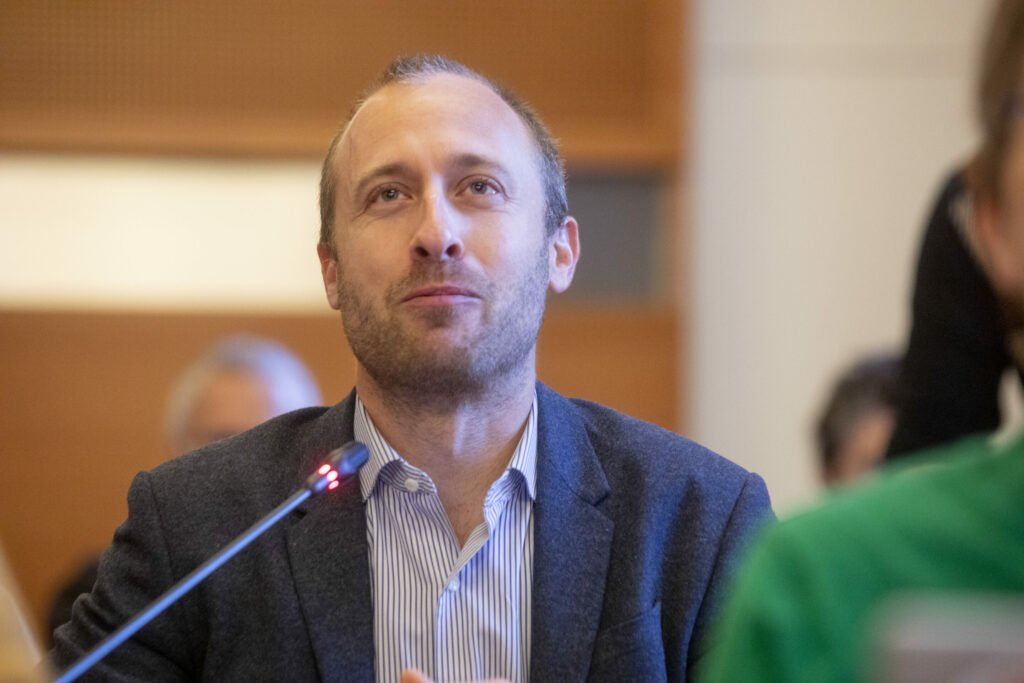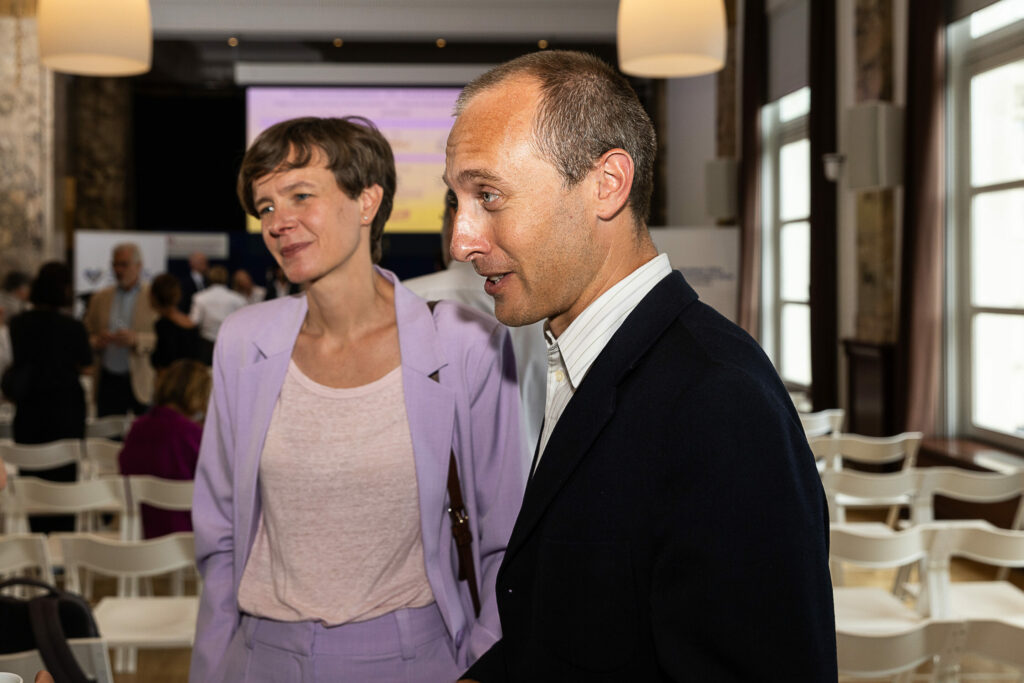While the governments of Flanders and Wallonia have been in operation for some time, the Brussels-Capital Region is now on its 170th day without a functioning government. However, progress is finally being made on the Dutch-speaking side.
For almost six months, the Dutch-speaking parties in Brussels have been struggling to find a majority (nine of 17 seats). This is because there are only three ministerial positions to distribute between a coalition that would likely comprise four parties, a complication that would leave one party without a minister or state secretary, and therefore without a say in government decisions. For this reason, Christian Democrat CD&V previously turned down the invitation to join.
After months of stand-still, the Flemish liberal Open VLD party announced earlier this month that it is willing to "sacrifice itself" and become the missing fourth partner. Instead of a minister or state secretary, the party would settle for a government commissioner responsible for the budget.
As a result, Dutch-speaking negotiations continued between greens Groen, rightwing N-VA, Open VLD and socialists Vooruit. But the growing optimism that a majority would soon be found suffered a blow on Friday: formators Elke Van den Brandt (Groen) and David Leisterh (MR) acknowledged that a Parti Socialiste (PS) veto against the N-VA could lead to a deadlock.
'A crucial week'
On Monday, Christophe De Beukelaer – the leader of the Francophone centrists Les Engagés in Brussels – expressed his reservations about a Dutch-speaking majority that includes N-VA. However he acknowledged that this is currently "the only possible solution."
He sees two options for the Brussels formation: either PS withdraws its veto and starts negotiations with N-VA "and we will see where that leads"; or something has to change on the Dutch-speaking side, such as Vooruit accepting the position of a government commissioner after all. This would allow a majority to be formed with three parties, including CD&V.
"It's one or the other. If neither solution works, then we have a total blockage. We are facing a crucial week," said De Beukelaer. If negotiations do not get off the ground this week, Brussels will be without a government "for months," he warned.

Les Engages' Christophe De Beukelaer. Credit: Belga/Hatim Kaghat
De Beukelaer cautions that the future of the Brussels-Capital Region is at stake. "If we delay too long, Brussels will no longer be able to look after itself and will have to turn to the other regions, and I can tell you that the people there do not have the same love for Brussels as we do."
On Monday evening, the Dutch-speaking negotiators of Groen, N-VA, Open VLD and Vooruit had a "constructive meeting," which lasted about three hours. Afterwards, several negotiators said they had "finally" been able to discuss the content of a possible agreement.
Van den Brandt had previously presented a starting note to her fellow negotiators Cieltje Van Achter (N-VA), Frédéric De Gucht (Open VLD) and Ans Persoons (Vooruit). Following Monday evening's talks, negotiators said an agreement could be found "in the short term."

